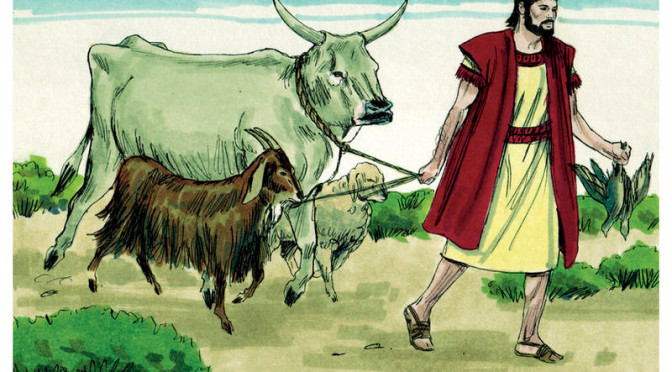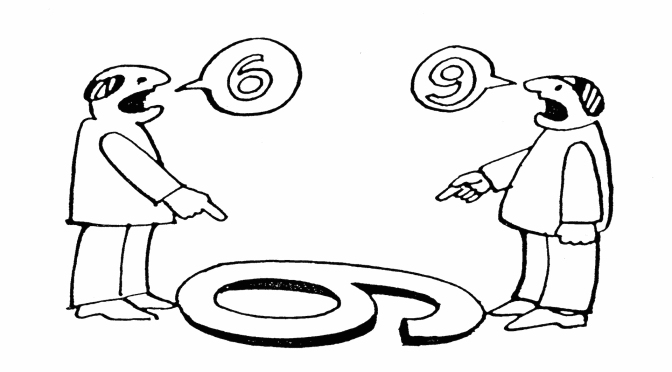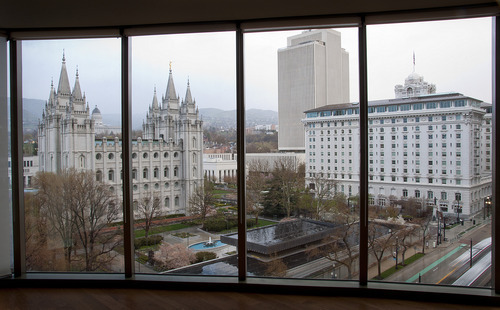(There are a great many “an atheist reads The Bible” kind of blogs, and this won’t become one of those, but when I don’t have something specific to write, I may try to find inspiration in rewriting some of the lesser known and more interesting Bible passages.)
Abram (not yet Abraham) has a vision of God, and asks The Lord, “Can you do anything for me? I’ve not had any children, and so, when I die, the servant boy is gonna get all my stuff. I don’t want him to have all my stuff.”
And God said to Abram, “Don’t worry. You’ll have a son. And lots of descendants. Give them your stuff. Plus, see this land? It’s yours!”
Abram thanks God, “Gee. That’s awesome. But…how do I know it’s mine?”
“Well, Mr. Question-pants, if you want to know, go get a three-year-old cow, a three-year-old goat, a three-year-old ram, a turtledove, and a pigeon.”
And Abram did so, but neither the effort in getting all of those animals, nor the time it might have taken to do so, was worth writing about in the sacred tome.
And The LORD commanded, “OK, now, cut the mammals in half, and line them up. Do not, DO NOT, cut the birds in half! That would be silly. Then, later, when you fall asleep, I’ll come tell you how you’ll know this land is yours, in a dream.”
And, though The Bible doesn’t say, Abram probably looked into his current vision of God and wondered, “How is a dream going to be different from this vision? Couldn’t he just tell me now?” But, knowing God’s reputation for smiting back-talkers, Abram kepteth his mouth shut.
So, Abram waited to fall asleep so that God could come talk to him, again, in a slightly different way. And Abram had to scare off some birds who wanted to eat God’s dead-animal based dream-catcher.
Then Abram fell asleep. And God came back as a scary shadow dream. And God told Abram that he would die happy and prosperous, but that his descendants would suffer a good long while, but then would be fine again. And then God pulled out an atlas and showed Abram the boundaries of his descendants future land.



